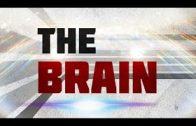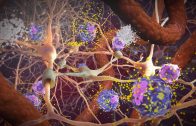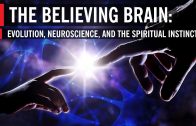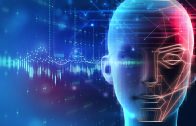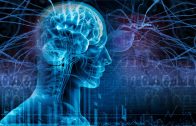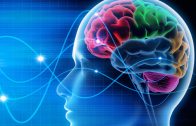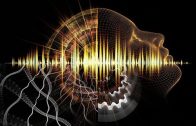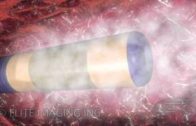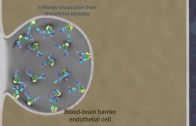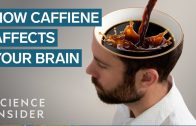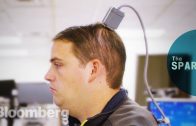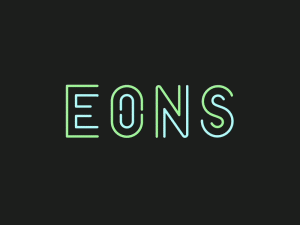Science Documentary: Mental Disorders, Brain Trauma, Stress and Anxiety, a Documentary on the Brain
Science Documentary: Mental Health Disorders, Brain Trauma, Stress and Anxiety, a Documentary on the Brain
Dealing with mental health disorders is one of the greatest challenges facing governments around the globe. Diseases such as
alzheimers and depression rob the individual and society of mental capital and well being. One in four people suffer from a mental health disorder. Disorders like alzheimers, schizophrenia, depression, mania, etc. , impact our cognitive functioning. And as a result, it impacts how we function in our homes and at work. So it is imperative to detect these disorders early, and treat them early.
There are two types of cognition. There is cold or rational cognition, and hot cognition. Cold cognition helps us make the majority of our decisions in our daily life. Hot cognition helps us with making social decisions and emotional decisions.
There are key areas of the brain that respond to stress and trigger anxiety. The thalamus is the area of the brain that responds to sights and sounds. The thalamus breaks down things we see by size, shape and color and then sends a signal to the cerebral cortex. This gives the things we see meaning and enables us to be conscious of what we are seeing or hearing. The prefrontal cortex is very important for stopping the anxiety response after a threat has gone away. The section of the brain that is responsible for emotion is the amygdala. The amygdala’s primary function is to trigger the fear response. The bed nucleus of the striaterminals prepetuates the fear response the locus ceruleus receives a signal from the amygdala and causes rapid heart beat, sweating, pupil dilation and other classic anxiety responses. The hippocampus is the part of the brain that stores memory or emotional baggage derived from stressful situations. Stress, anxiety, and fear are triggered through your senses. Fear is a essential, and very useful, response; whereas anxiety is something that is completely irrational.
You think with your brain, and ideas are not floating in air. So how do you get ideas from neurons? Because you think with your brain, every idea you have is physical, and is given by a neural circuit in the brain. Many of those neural circuits are fixed for life, and so are the things you learn early on in life and very often they are metaphorical ideas. So if you do not have a neural circuit for understanding an idea, you wont understand it at all. The classical view of what reason actually is, has failed. And that view says that all reason is conscious, but in fact, 98% is unconscious. This is because the brain functions in parallel and reason, or consciousness, functions linearly. Many things are happening inside your brain and you don’t even truly understand why they are there. People mostly think in frames and metaphors. Metaphors are not in language, but are in thought.
Science Documentary: Anti-angiogenesis, Immunotherapy, Vaccines
Science Documentary: Creating Brain Systems,Quantum Computing, Quantum mechanics and Consciousness
Science Documentary: Personalized Medicine, Synthetic Biology , a documentary on genetic design
Science Documentary: Stem Cells,Regenerative Medicine,Artificial Heart,a future medicine documentary
Science Documentary: Cognitive science , a documentary on mind processes, artificial intelligence
Science Documentary: 3D Printing, 3D Imaging, Ultra Fast Laser Imaging Technology
Science Documentary: Flexible Tech, Flexible Wearable Technology, a Documentary on Future Technology
Science Documentary: Artificial Intelligence, Cloud Robots, Trusting Technology
Science Documentary: Augmented Reality, Nanotechnology, Artificial Intelligence
Science Documentary:Future Scenarios, Nanotechnology, Carbon Nanotubes, Nanomagnetism
